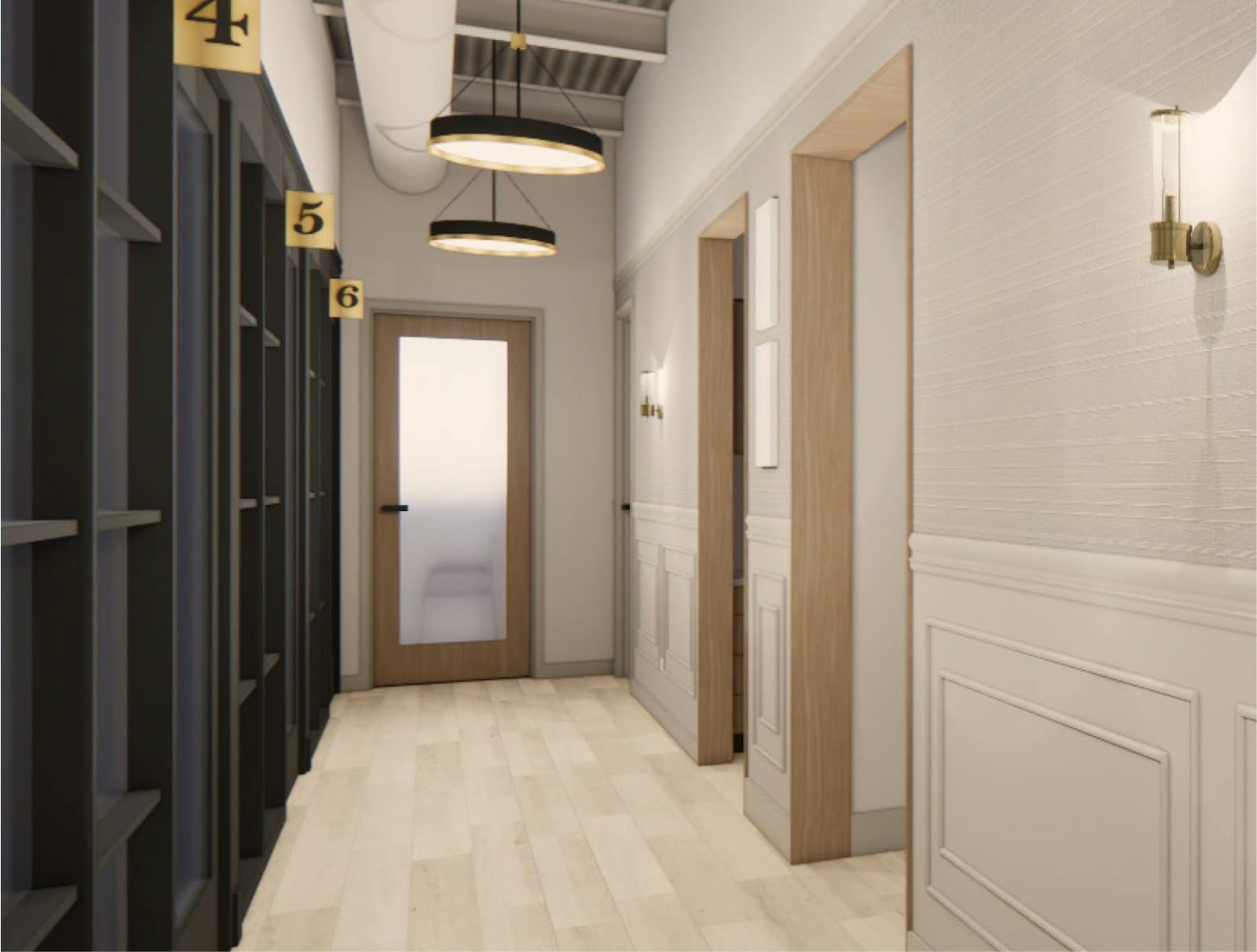Peripheral nerve damage is an unfortunately common condition, affecting people of all ages and genders. Symptoms range from mild to severe, including muscle weakness or painful cramps, numbness or tingling of the hands and feet, and difficulty sensing pain or changes in temperature. The Atlas Institute proudly offers its patients solutions for nerve damage treatment in Denver.
Causes of Peripheral Nerve Damage
Peripheral nerve damage can have many causes, ranging from conditions that increase pressure or compression of a major nerve to the hand (such as carpal tunnel syndrome and cubital tunnel syndrome) to diabetes (known as diabetic neuropathy). High levels of blood sugar can injure nerves and blood vessels throughout the body, particularly in the toes and feet. Approximately half of all people with diabetes experience some sort of nerve damage, while nerve entrapment, or pinched nerves in the foot or ankle is also a possible cause.











